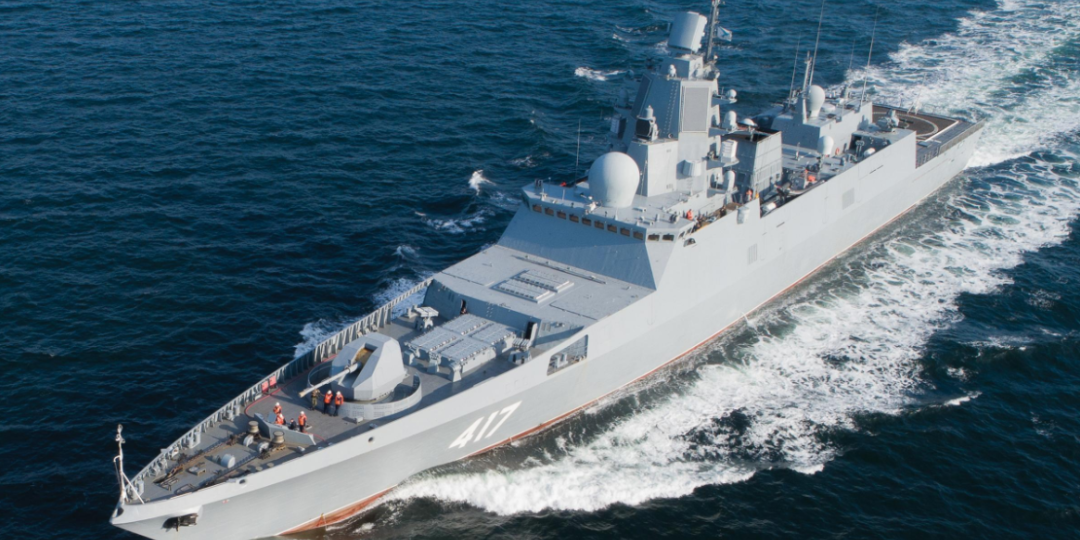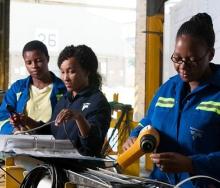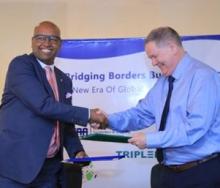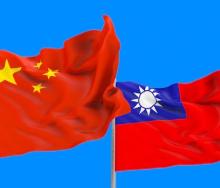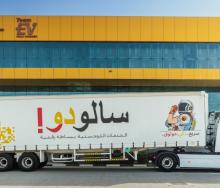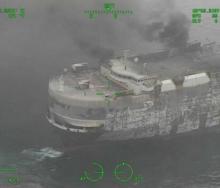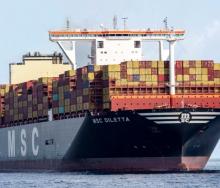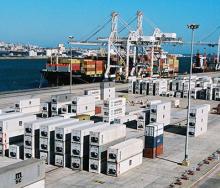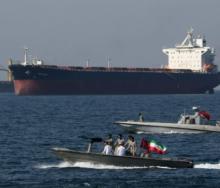The testing of a hypersonic missile by Russia off the northern KwaZulu-Natal coastline poses a threat not only to very busy trade lanes and vessel traffic using the Port of Richards Bay, but could further damage South Africa’s diplomatic relations with the West.
That’s according to DA shadow minister for defence, Kobus Marais, interviewed on national radio earlier this morning, February 8.
Testing of the Tsirkon by the Russian frigate, Admiral Gorshkov, forms part of the Mosi II naval exercises that include China and are symbolically scheduled for February 17-27 – the same week that the government of Vladimir Putin went to war against Ukraine one year ago.
Speaking to RSG, Marais said it sent a clear signal where the ANC government’s sympathies lay.
“At this stage we’re getting the impression that, even though we are absolutely dependent on our trade with the US, EU and UK, where we have a positive trade surplus, and although we have a negative trade surplus with Russia, it comes across as though their ideological relationship and loyalty mean more.”
Marais said it showed that the support the ANC received from Russia prior to the democratic changes in South Africa in 1994 now took precedence over the current challenges that the country faced.
No right-thinking person could still believe that South Africa’s government was impartial in the face of what was happening in Ukraine, he said.
“The geopolitical timing is completely off. Our government says they are neutral in the war, but they are participating in exercises to help Russia prepare itself for what they may do in Ukraine – using a missile capable of travelling five times the speed of sound."
Tellingly, Mosi II, an initiative by the Brazil-Russia-India-China-SA formation, also known as Brics, follows in the wake of naval exercises by the US off the West African coast that South Africa was invited to but declined on the basis of a lack of equipment and expense.
Marais said the same justification, “expense and equipment”, could be proffered as reason for not participating in Mosi II.
He said although South Africa’s navy was not in a position to participate in an exercise like Mosi II, it had been decided to proceed, despite the potential ramifications should something go wrong.
He asked why Russia was not testing the Tsirkon in its own waters, and deplored the notion that South Africa’s Department of Defence (DoD) seemed willing to participate in the testing of a missile that could be used by Russia in its war on Ukraine.
Should such a weapon be used to perpetrate war atrocities against civilians, as has already been the case in Ukraine, it meant the ANC government could be criminally culpable, said Marais.
“It comes at huge potential risk and it would be negligent if we allowed something like that to happen.”
South Africa’s government, he said, seemed to be “pawns in Putin’s game".
He also slated the silence coming out of the DoD in respect of Mosi II.
He said it appeared that the government was speaking with two tongues: remaining trade friendly with the US, EU and UK from the point of view of Treasury and the Department of Trade, Industry and Competition; yet cosying up to the country’s Brics partners in relation to what’s happening in Ukraine.
That’s why the silence of South Africa’s Minister of Defence, Thandi Modise, was so conspicuous, said Marais.
Question is, how long can South Africa have its trade cake from the West and eat it, while remaining a Brics buddy with Russia?
